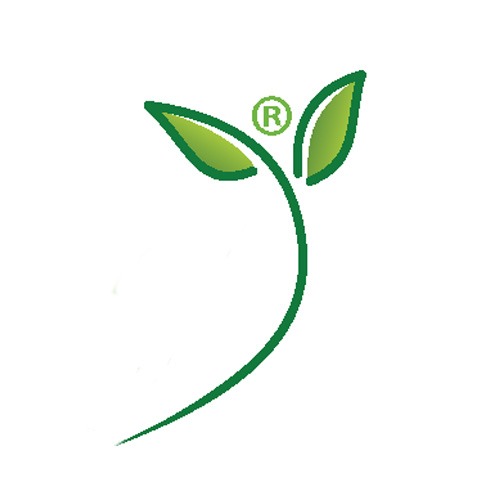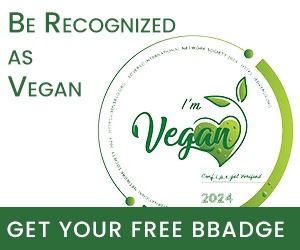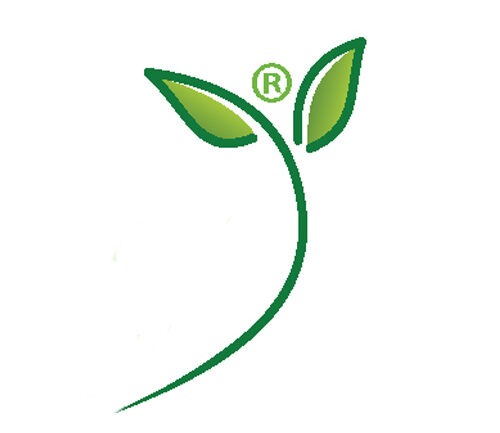Hearts of palm, a staple in many South American, Central American, and Southeast Asian cuisines, has garnered attention in the West for its versatility as a plant-based ingredient. With its mild taste and flaky texture, it’s an increasingly popular choice for vegan seafood dishes, stews, salads, and more. However, amidst growing concerns over the environmental implications of palm products, many are questioning the ethics of consuming hearts of palm. This discussion delves into the nuances of hearts of palm cultivation, exploring the conditions under which it can be considered an ethical choice.
Understanding Hearts of Palm
Extracted from the inner core of various palm tree species, hearts of palm are preserved in cans or jars, often in brine, ready to transform into a myriad of culinary creations. While its rising popularity in Western markets is linked to its health benefits and nutritional value, concerns over sustainable sourcing parallel those surrounding palm oil.
The Harvesting Conundrum
The ethical quandary of consuming hearts of palm centers around its harvesting methods. Sustainable harvesting is feasible, especially when sourcing from multi-stalked species like peach palms or acai palms, which allow for regeneration post-harvest. However, harvesting from single-stalk species, such as jucara, coconut, and sabal palms, results in the tree’s death, posing sustainability concerns. Regulatory measures are in place in many regions to protect palm populations, yet illegal harvesting remains a challenge, particularly in countries with rich palm diversity like Brazil.
Sustainable Cultivation Initiatives
Encouragingly, there are initiatives worldwide that utilize hearts of palm cultivation as a means to foster environmental stewardship and community development. In Putumayo, Southern Colombia, the government promotes hearts of palm cultivation to provide communities with a sustainable alternative to coca crop cultivation. Similarly, companies like Edward & Sons Trading Co. and Oxfam Fair Trade collaborate with mission-driven projects that prioritize sustainable harvesting practices and support social welfare, demonstrating the potential for ethical hearts of palm production.
Making Ethical Choices
The crux of ethical hearts of palm consumption lies in understanding and supporting sustainable sourcing practices. Consumers are encouraged to research brands and suppliers committed to environmental conservation and community empowerment. Many ethically-driven producers readily share their sourcing practices and partnerships, facilitating informed choices for conscientious consumers.
Conclusion: A Path Towards Ethical Consumption
While the ethical consumption of hearts of palm is contingent on sustainable sourcing, it remains a viable, nutritious option within a plant-based diet when due diligence is exercised. By supporting companies that invest in sustainable cultivation and community development, consumers can enjoy hearts of palm with peace of mind, contributing to a more sustainable and equitable food system.








